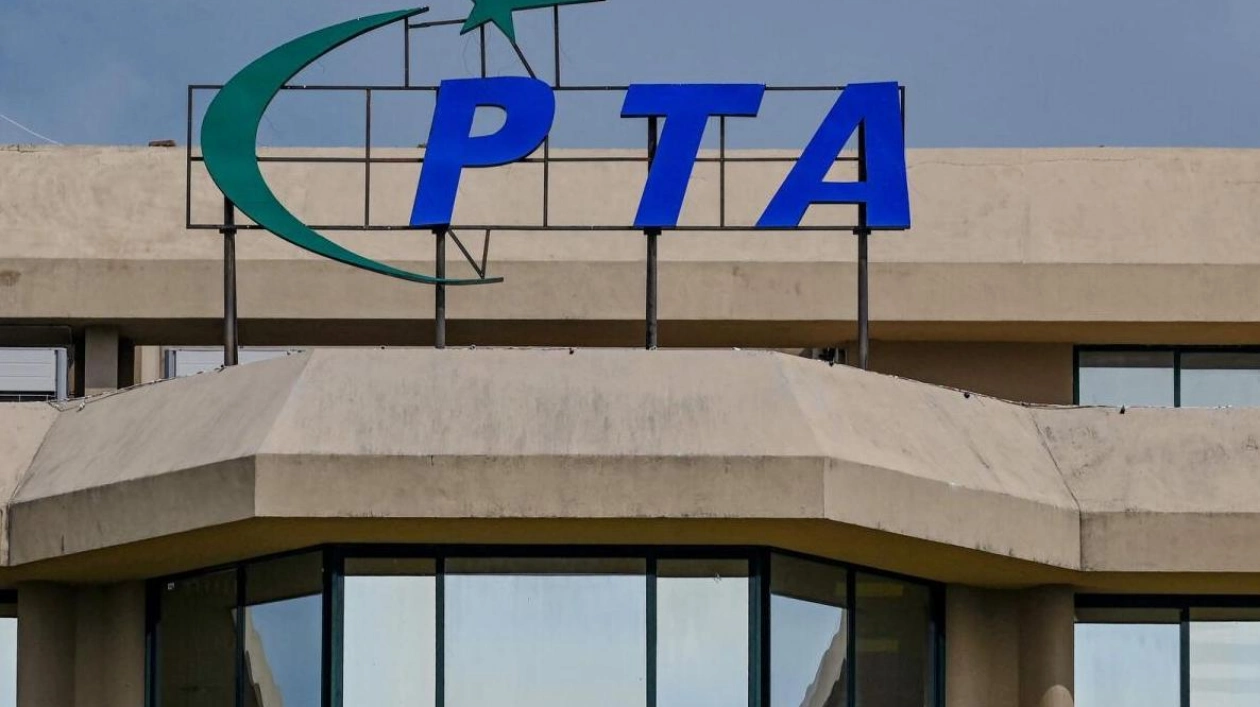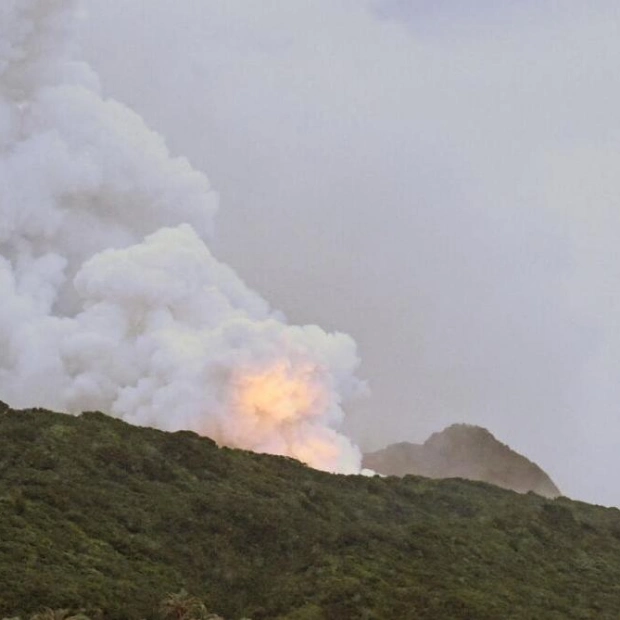Activists and business leaders claim that Pakistan's government is restricting internet and social media access as it experiments with new measures to suppress dissent, potentially jeopardizing the nation's economic rebound. Since July, internet speeds have reportedly dropped by up to 40 percent, according to an IT association, with disruptions affecting documents, images, and voice notes on WhatsApp, a platform used by millions. Digital rights experts suspect the government is testing a firewall, a security system that can monitor network traffic and control online spaces.
Usama Khilji, a digital rights expert and activist, stated that the internet slowdown is due to the state's installation of a national firewall and content filtering system, aimed at enhancing surveillance and censoring political dissent, particularly criticism of the security establishment's political interference. Khilji noted that WhatsApp is being targeted due to its end-to-end encryption, which allows secure communication without third-party access. The government, supported by the military and overseen by a retired general, initially remained silent on the issue before the defense minister acknowledged the situation, promising adjustments to allow access while controlling harmful content.
Prominent journalist Hamid Mir has filed a legal challenge against the government's alleged firewall installation at the Islamabad High Court. Meanwhile, the military claims to be fighting 'digital terrorism,' amidst public demands for increased efforts against militant violence and allegations of rights abuses in counter-insurgency operations. Analysts believe the primary target of the digital disruptions is the party of imprisoned opposition leader Imran Khan, popular among a young, tech-savvy electorate.
Business leaders warn that the internet disruptions are exacerbating Pakistan's economic challenges, which are already strained by cycles of IMF bailouts and loan rollovers. The Pakistan Software Houses Association estimates potential losses of up to $300 million in the IT sector due to the firewall's ambiguous nature. Shahzad Arshad of the Wireless & Internet Service Providers Association of Pakistan predicts a business exodus if the situation persists, with connectivity already reduced by up to 40 percent. Despite these issues, Punjab province promoted itself as an 'IT city' in New York's Times Square.
Ehsan Malik, CEO of the Pakistan Business Council, argues that firewall trials could have preserved the livelihoods of freelance software developers and maintained Pakistan's reputation as a reliable IT service provider. Activists have long decried the government's internet censorship and control, which further constricts the limited space for free speech in the country. Social media platform X remains banned in Pakistan since the election, used to accuse Khan's party of electoral fraud. The party's social media team has faced arrests and detentions, while Shahzad Ahmad of Bytes for All warns that the firewall aims to grant the government control over the internet, potentially undermining investor trust and citizens' fundamental rights.






